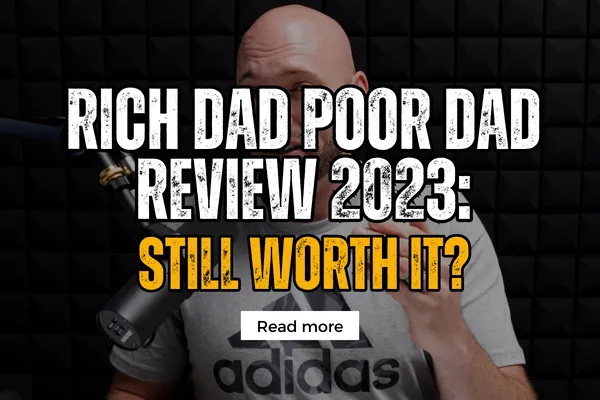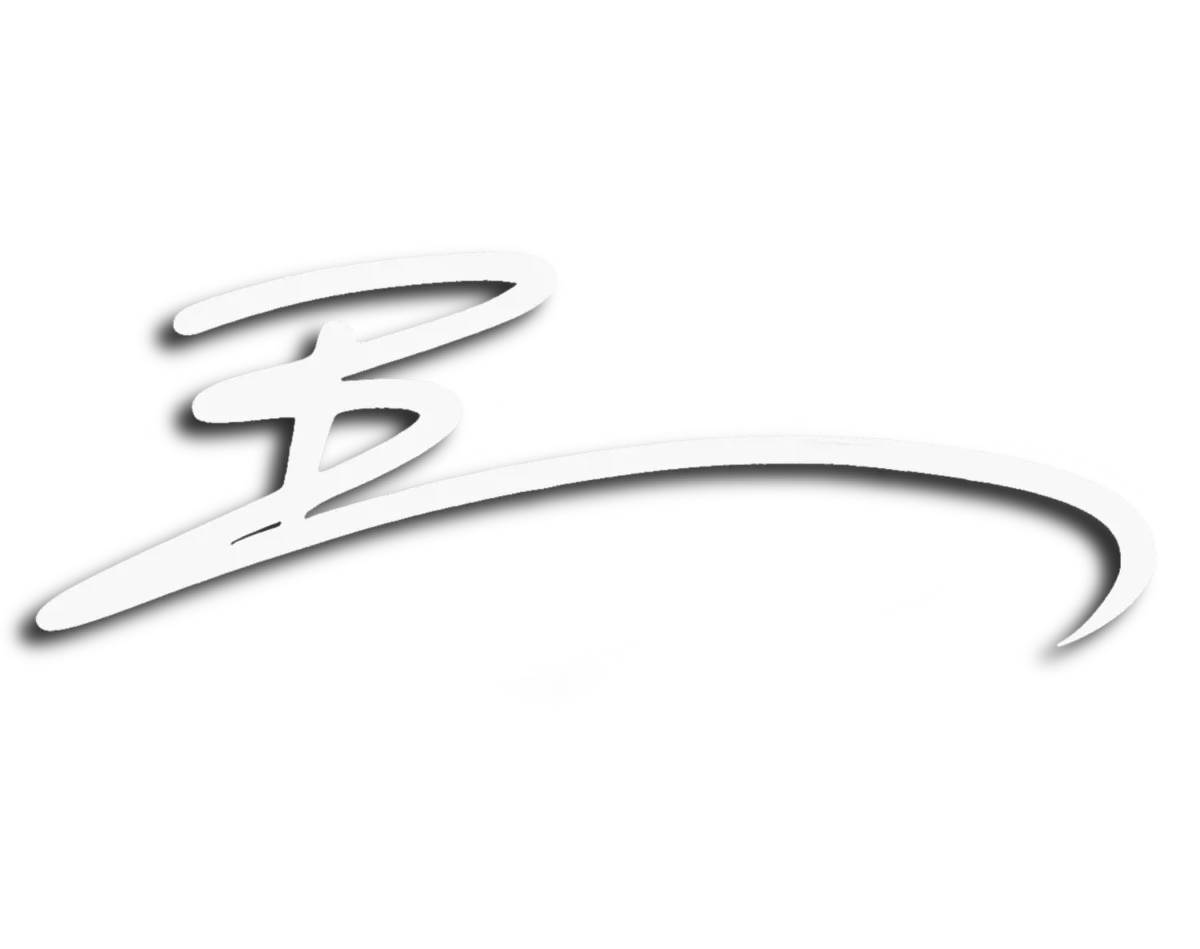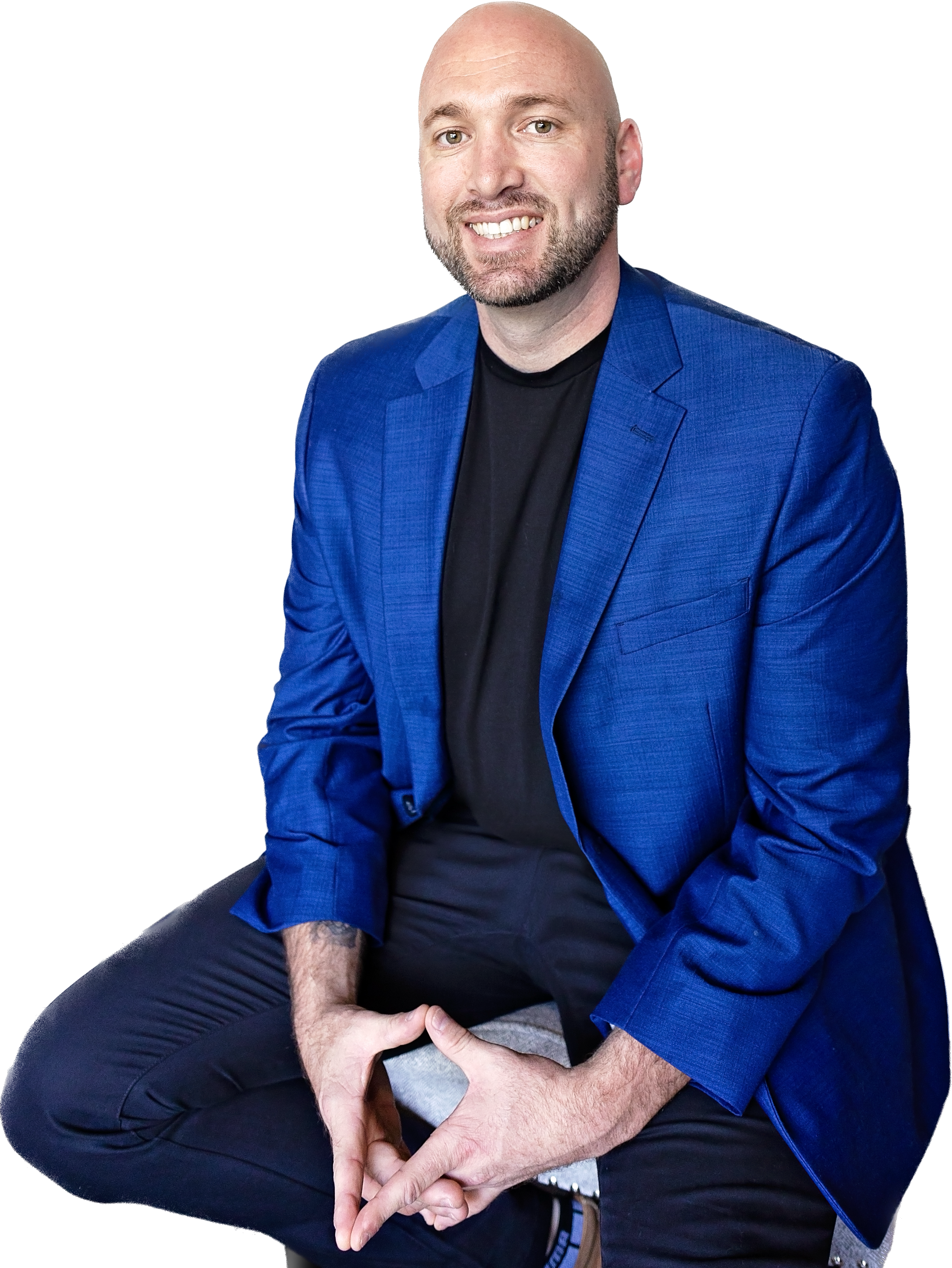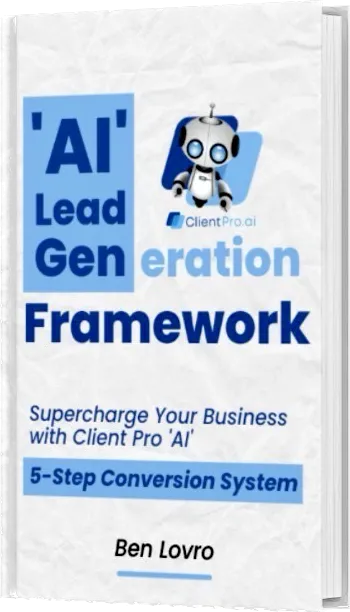Ben Lovro Blogs
AI' Client Conversion Framework

Rich Dad Poor Dad Review 2023: Still Worth It?
Introduction
"Rich Dad Poor Dad" by Robert Kiyosaki. This book has been around for quite some time, and it's often recommended by adults as a must-read for financial education. But you might be wondering, in 2023, is "Rich Dad Poor Dad" still worth reading? Let's dive into a review to help you decide.
The Basics
"Rich Dad Poor Dad" is not your typical book. It's written in a storytelling style, making it easy to follow. The book revolves around the author's childhood experiences with two father figures: his biological dad (referred to as "Poor Dad") and the father of his best friend (known as "Rich Dad"). These two individuals have very different approaches to money and finance, and Kiyosaki uses their stories to impart valuable lessons.
What You'll Learn
1. Assets vs. Liabilities:
One of the core concepts of the book is the difference between assets and liabilities. "Rich Dad" teaches Kiyosaki that assets are things that put money in your pocket, like investments or rental properties. Liabilities, on the other hand, are things that take money out of your pocket, like a car loan or credit card debt. Understanding this distinction is crucial for building wealth.
Assets are like magic money-makers. They put money into your jar. Examples of assets could be things like a lemonade stand that earns you money or a rental property where you collect rent. These things make your jar fuller.
On the other hand, liabilities are like money-takers. They take money out of your jar. If you have to pay for things like video games, clothes, or snacks, that's money going out of your jar. These are your liabilities because they make your jar emptier.
Here's the trick: You want more assets and fewer liabilities because that means your jar gets fuller. When you grow up, having more assets can help you buy the things you want and enjoy financial freedom.
2. The Rat Race:
Kiyosaki introduces the idea of the "rat race," where people work hard in their jobs to pay bills and get by. He encourages readers to achieve for financial independence, where their assets generate enough income to cover their expenses. This means you're no longer dependent on a traditional job.
"The Rat Race. "when adults have to work long hours at a job they might not even like just to pay for things like their house, car, and food. They feel stuck in this cycle of working to earn money, and then using that money to pay for things, and it continue.
But the book also teaches us that there's a way to escape "The Rat Race." About learning to make money in different ways, like by investing or starting a business. When you have money coming in from these sources, you don't have to rely on a job as much. That's when you're on your way to financial freedom and not feeling trapped in the "rat race."
So, "The Rat Race" is something many adults experience, but learning about money and finding other ways to make it can help you avoid it when you grow up.
3. Entrepreneurship:
"Rich Dad" emphasizes the importance of entrepreneurship and starting your own business. He believes that this path offers more financial freedom and control over your income. While not everyone may become an entrepreneur, the book encourages you to think outside the box when it comes to income sources.
"Rich Dad" in the book believes that becoming an entrepreneur can give you more control over your money and how much you earn. Here's why:
Freedom: When you have your own business, you get to make the decisions. You decide what to sell, how to sell it, and how to run things. This freedom can be exciting and satisfying.
Income: Instead of relying on a regular job where you get a fixed paycheck, entrepreneurs have the potential to earn more. If your business does well, you can make more money.
Creativity: Being an entrepreneur lets you be creative. You can come up with new ideas and solutions to problems, which can be a lot of fun.
Now, not everyone becomes an entrepreneur, and that's okay. What's important is that the book encourages you to think creatively about how you make money. Exploring different ways to earn and not just sticking to the traditional 9-to-5 job. So, whether you dream of starting your own business or not, "Rich Dad Poor Dad" teaches you to think outside the box when it comes to making money.
4. Mindset Matters:
Robert Kiyosaki, the author of "Rich Dad Poor Dad," believes that having the right mindset is crucial for financial success. But what does that mean, and why is it important?
Imagine you're trying to learn how to ride a bike. At first, you might be scared of falling and making mistakes. But if you let that fear stop you, you'll never learn how to ride. Kiyosaki's point is similar about to money.
He thinks that some people are so afraid of making financial mistakes that they never take any risks. They stick to what they know, like a regular job, and never try anything new. But here's the thing: making mistakes is okay! In fact, it's how we learn.
When you fell off that bike a few times, you figured out what not to do, and eventually, you could ride without any problems. The same goes for money. You might try to start a small business and fail at first. But each time you fail, you learn something valuable that can help you succeed in the future.
So, Kiyosaki's advice is this: don't let the fear of making mistakes hold you back. Instead, embrace those mistakes as learning opportunities. Take calculated risks, like starting a small business or investing in something you believe in. Over time, these risks can lead to financial success and independence.
Is It Still Relevant in 2023?
"Rich Dad Poor Dad" was first published in 1997, and you might wonder if the financial advice in the book still holds up today. The truth is, many of the principles are timeless. Understanding the difference between assets and liabilities, striving for financial independence, and having an entrepreneurial mindset remain valuable concepts.
However, it's essential to consider that the book doesn't delve into the specifics of today's financial landscape, such as cryptocurrencies, the gig economy, or online businesses. While the core principles are relevant, you may need to supplement your knowledge with updated information on modern financial trends.
You might be wondering if the book is still relevant. Well, good news – many of the lessons it teaches are timeless and can help you understand money better.
The book discuss assets (things that make you money) and liabilities (things that cost you money). This concept is still super important today. Learning the basics of money – something school often doesn't teach.
"Rich Dad" also discuss about not depending on a job your whole life. Instead, he suggests thinking about starting your own business or investing. While the job market has changed a bit since the book was written, having different ways to make money is still smart.
Lastly, "Rich Dad Poor Dad" teaches about having the right mindset – not being scared to make mistakes and take chances. That's a great lesson for life in 2023 and beyond.
So, yes, the book is still worth reading. A good starter kit for understanding money and setting you on the right path to financial success.
Who Should Read It?
"Rich Dad Poor Dad" is an excellent read for young adults like you who want to start building a strong financial foundation. It provides a valuable perspective on money that most traditional school curricula don't cover. If you're looking to expand your financial knowledge, understand the basics of investing, and gain insights into wealth-building, this book is worth your time. Here's a breakdown of who should consider reading this book:
1. Young Adults: If you're in the 8th to 10th grade, you're at an excellent age to start learning about money. "Rich Dad Poor Dad" uses simple language and relatable stories, making it accessible for young readers.
2. Anyone Curious About Money: If you've ever wondered how money works, where it comes from, and how to make it work for you, this book can provide valuable insights. It introduces essential financial concepts in an easy-to-understand way.
3. Those Interested in Investing: If you've ever thought about investing your money or making it grow, "Rich Dad" offers a beginner's guide to investments and assets.
4. People Seeking Financial Independence: The book encourages you to think beyond the traditional path of working a job to pay bills. If you dream of financial freedom and independence, the principles in this book can guide you.
5. Those Open to New Ideas: "Rich Dad Poor Dad" challenges conventional wisdom about money. If you're open to exploring different perspectives and learning from them, this book is a great choice.
Final Thoughts
In conclusion, "Rich Dad Poor Dad" is a classic in the world of personal finance literature. While some aspects of the financial world have evolved since its publication, the core principles of the book remain relevant. Reading it can help you develop a more profound understanding of money, assets, and financial independence.
However, it's essential to remember that financial education is an ongoing journey. As you grow older, you may want to explore more advanced financial topics and stay updated with the ever-changing financial landscape. "Rich Dad Poor Dad" can be an excellent starting point on your path to financial literacy, but it's just the beginning of your financial education journey.
So, is it still worth it in 2023? Yes, it's a valuable read, but remember to keep learning and adapting to the financial world around you as you grow older.
Contact Us

Bet On Yourself
Empowering entrepreneurs and real estate investors with the tools they need to scale.
ben@clientpro.ai
(803) 921-9915
100 Old Cherokee Road ste f 342





